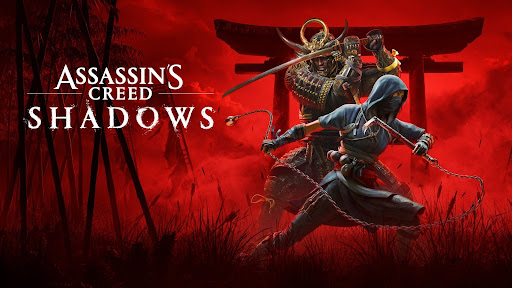
Assassin’s Creed Shadows is simultaneously the most anticipated and reviled game in the series’ history. On one hand, fans have been asking for a game set in Feudal Japan for almost two decades of the franchise’s existence. On the other hand, the marketing for this game was rife with controversy after years of declining quality from this series.
I am what one might call an Assassin’s Creed connoisseur. I have played every game in the series (including the mobile games), read a ton of the books, and watched the awful movie from 2016. Suffice it to say, I know this franchise better than my own family.
Since Assassin’s Creed Origins, I’ve been continuously disappointed by the games in this series. Over the last decade, I couldn’t help but feel like the identity of the series was being eroded and replaced by slop that’s designed to try and appeal to the widest possible audience.
As much as I wanted to hop on the hype train for this game, I remained skeptical after years of getting burned, hoping this series would find its identity again. After around 30 hours of playtime, I feel vindicated in my skepticism.
Assassin’s Creed Shadows is a game that does a lot right and does a great job of creating the power fantasy of being a stealthy assassin taking on the corrupt elites of the world, but it also once again fails to understand what made this series so great, leaving the game feeling like nothing more than a half measure.
I’ll start with what is good about it.
The graphics and art direction are incredible. This game is a looker, and it’s largely thanks to the realistic-looking foliage, which allows environments to feel dynamic and immersive. Leaves will blow off trees, grass and branches will blow in the wind, and bushes and other plants will naturally react to player input. This game is (mostly) a looker with some impressive technical wizardry.
In addition to pretty cherry blossoms, Shadows offers an impressive variety in the gameplay. Due to the dual protagonists, players can tackle most situations however they want. This has been a long-standing aspect of the series, but this game takes this sense of freedom a step further with more thoughtful implementation of its gameplay systems.
While the game carries over the same fundamental structure of combat from previous games, it avoids most of the crippling pitfalls that hampered the experience of those games. Assassin’s Creed Odyssey and Valhalla both had combat systems built on building up abilities while hacking and slashing your opponents, and the same is done here.
Where this game differs is that you can’t just start slashing willy-nilly and expect to win. This series has never been known for its difficulty, but recent games have felt especially brain-dead. This game offers a nice change of pace where combat systems feel more thoughtfully implemented than previous iterations.
Naoe is a shinobi ninja, which makes her more vulnerable in combat, but she can still hold her own. Yasuke is a samurai, so he thrives in big combat scenarios.
Yasuke is designed specifically for combat, but I feel Naoe’s combat is more rewarding, interesting, and fun. Because she is so vulnerable (especially on max difficulty), you have to put a lot more thought and effort into combat encounters with her, forcing you to interact with more of the game’s systems.
Just as important to the combat is the stealth. Put simply, the stealth in this game is the strongest in the series, with multiple key changes that enhance the assassin fantasy more than any game before.
In a series first, Naoe can go prone, which opens up significant mobility options when infiltrating hostile areas. She can hide in thicker grass, crawl under buildings, and discreetly move across rooftops without being detected.
Additionally, environments are more important than ever in stealth. In addition to hiding behind walls or the occasional hay bale, players can also skulk through the shadows to remain undetected. Light is a pivotal mechanic in stealth now, so it’s not just whether you are crouched or not, but also how visible you are in the environment.
Additionally, the game has an innovative mechanic where seasons will naturally progress as you play the game. The seasons significantly alter stealth encounters. For example, in winter, soldiers will be less spread out and will typically gather around fires or indoors. At the same time, they will also take note of the footsteps Naoe leaves in the snow and investigate.
Stealth and combat are the most dynamic and emergent they have ever been, which has made the gameplay experience more fun than ever.
At the same time, Yasuke is just not that fun to play. The most fun in this game is found in the intersection between stealth and combat, but that is only available to Naoe, as Yasuke is a burling brute incapable of series staple mechanics like stealth or climbing/parkour. In terms of gameplay, he largely feels redundant and out of line with the majority of the game’s established mechanics.
I also can’t help but feel like, despite the significant improvements to the series formula, this game just doesn’t do enough to genuinely push the series forward. Assassin’s Creed has been in an identity crisis for over a decade, and this feels like a frustrating half-measure between old and new.
We once again barely see anything from the Assassin Brotherhood (you know, the namesake of this whole series). I’m okay with them taking a back seat to focus more on character development ala Assassin’s Creed II’s Ezio Auditore and Black Flag’s Edward Kenway, but this is the fourth consecutive game in a row where Ubisoft dangles the Assassins in front of us like a carrot without actually giving us what we want.
The narrative is also just awful. On its own, I have a hard time even justifying it as a story, with no real cohesion between different questlines, but as a member of a series that used to be known for its memorable and impactful storytelling, it’s downright infuriating.
A lot of bad video game stories will take swings but miss the execution, such as Rise of the Tomb Raider or Bioshock 2, but Assassin’s Creed Shadows forgot the bat in the dugout. The game employs this awful narrative structure that allows the player to tackle a series of different arcs, resulting in assassinating a target on a board in whatever order they please.
By using this structure, there literally is no plot. You are just jumping from target to target with no connective tissue. It makes the story feel so sanitized and toothless.
This structure hamstrings any ability to meaningfully develop either protagonist, so they try to supplement that with questlines that develop both protagonists, but the problem is that they only show their backstories, so we have no reason to invest in the continued development of either protagonist.
This is just another revenge story that we have seen many times before in the series. When they did it the first time, it was great. The second time felt a little redundant. The third time, I was groaning. Now, I am just rolling over in my fanboy grave seeing the same narrative lazily redone again, but now with katanas and ninjas.
I miss when this series had ambition. I miss when this series strived to lead the industry with its immersive historical settings mixed with compelling sci-fi storytelling. I miss when this series had a pair and had something to say.
In Assassin’s Creed III, the Native American protagonist Connor Kenway fights in the American Revolution while watching his people be killed and erased by the same people who say they fight for freedom and liberty.
Assassin’s Creed Unity uses the French Revolution as a microcosm to comment on the series’ staple debate of freedom vs security by criticizing populist movements and how they often lead to authoritarianism.
Assassin’s Creed IV: Black Flag criticizes libertarian and pirate ideology by showing the tragic results of self-serving ambition. It emphasizes that one should not just be free; they need to be free AND just.
Assassin’s Creed Shadows has no such philosophical and socio-political commentary beyond “corruption = bad.”
I won’t pretend all of the old games have particularly novel themes, but they had a bite to them, while this game does not.
Assassin’s Creed is a franchise built on compelling narratives that offer important commentary on the balance of power and the importance of individual responsibility, and this game feels remarkably shallow even when compared to the weaker entries in the series.
While the gameplay improvements are significant and welcome, the narrative at play here can’t even manage to leave a taste in my mouth, let alone a bad one.
I miss when this series had a heart, and it’s clear to me that we might never get that level of storytelling out of these games again.
If you are a series veteran, you might have fun with the gameplay, but all this game did for me was make me even more excited for Ghost of Yōtei.
Score: 6/10


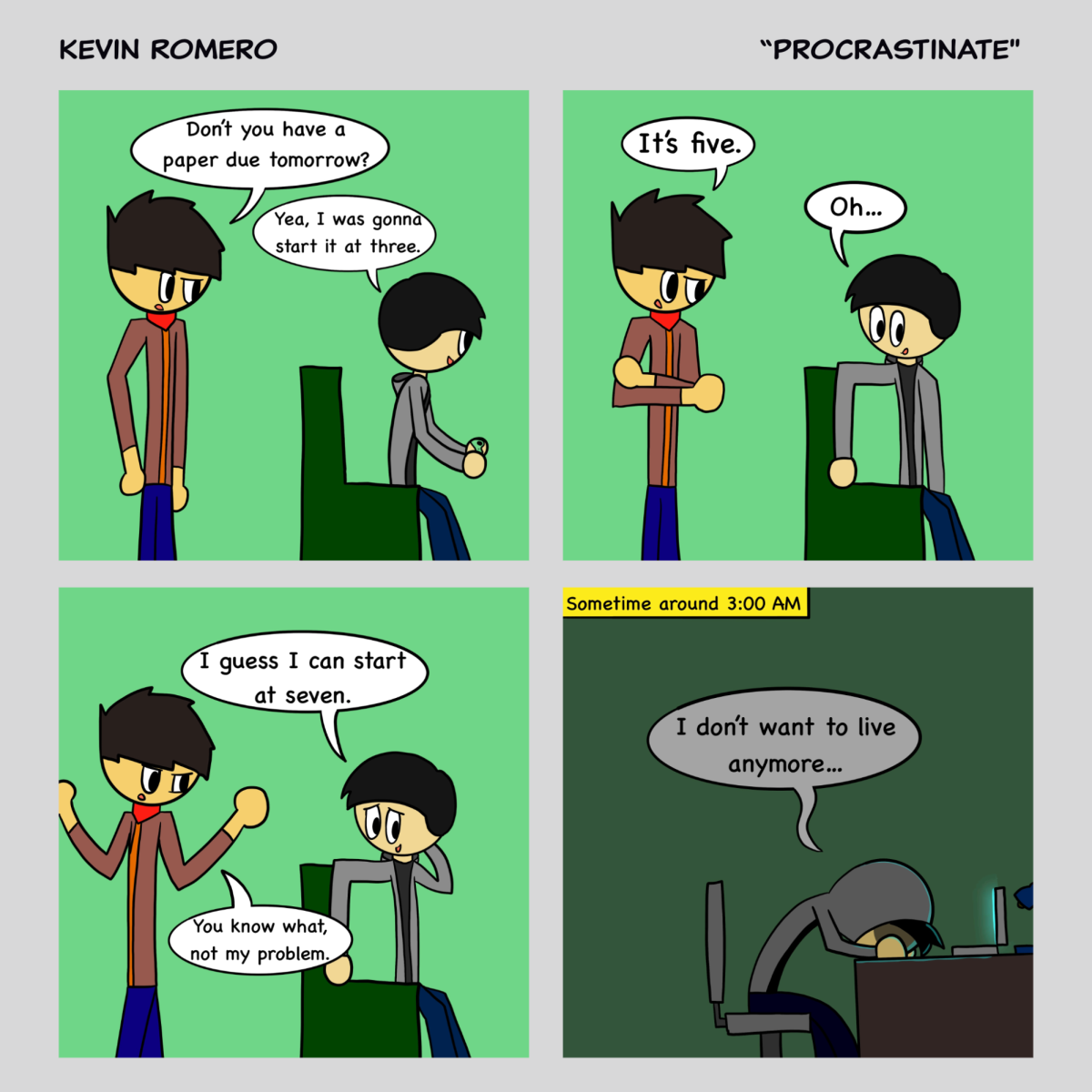
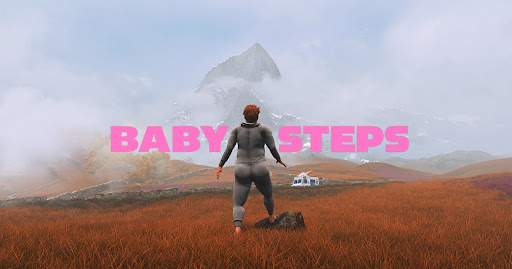


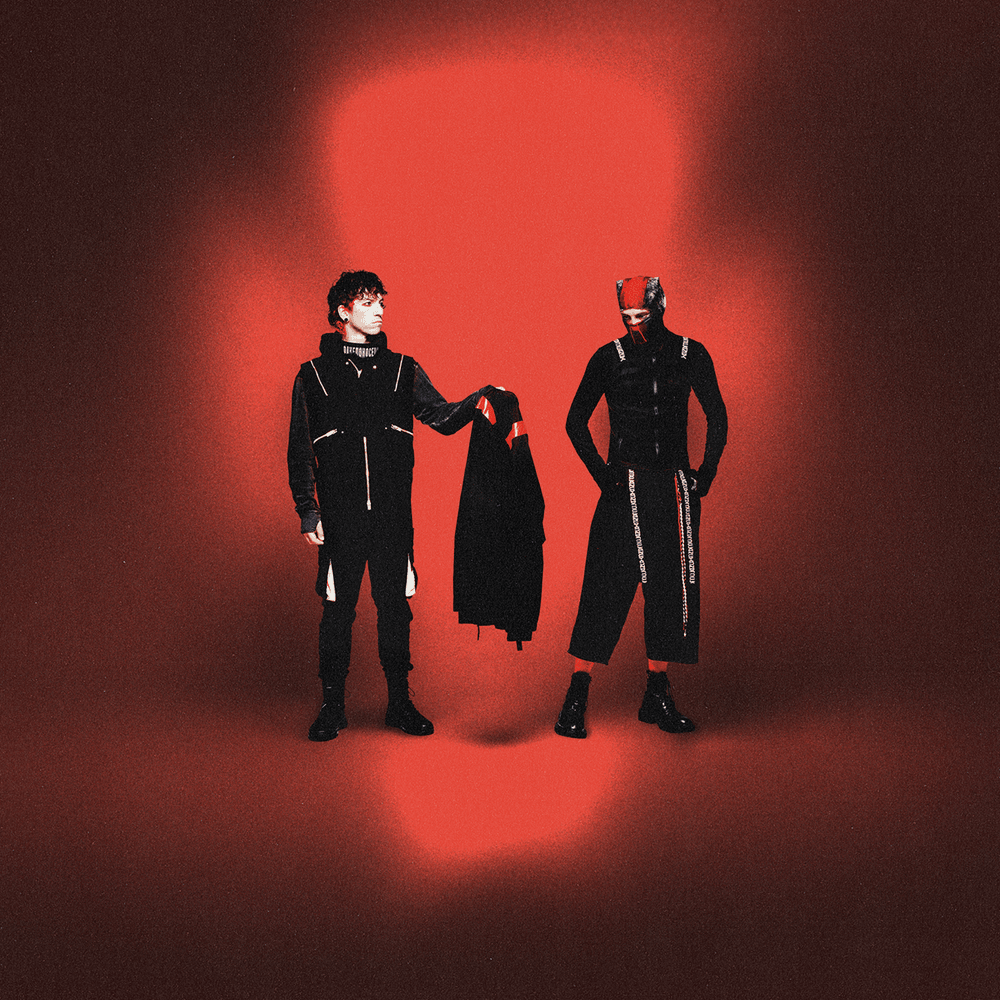




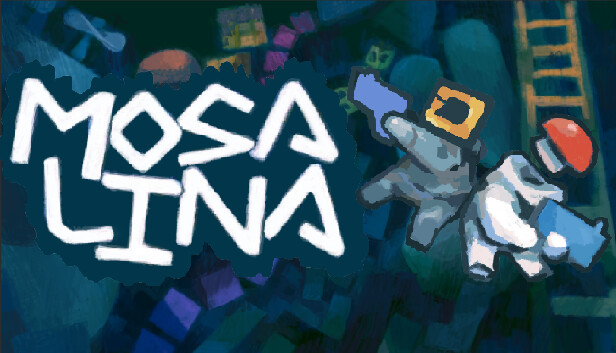
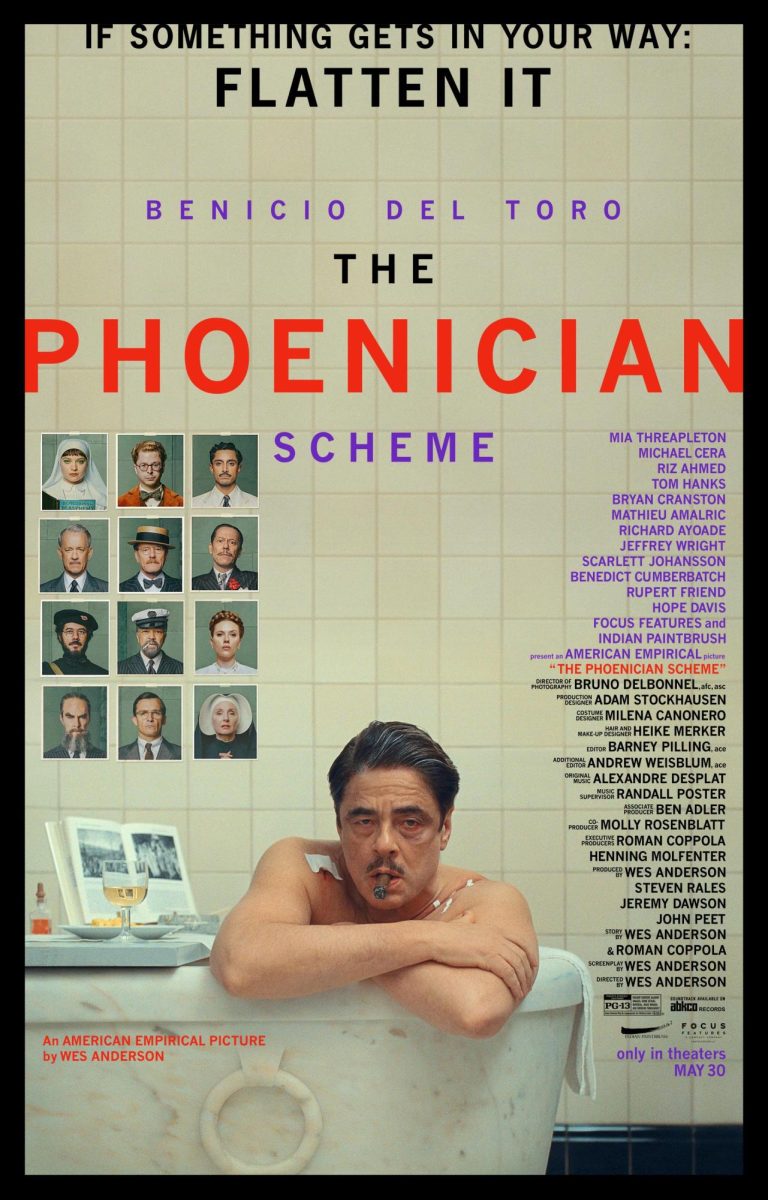
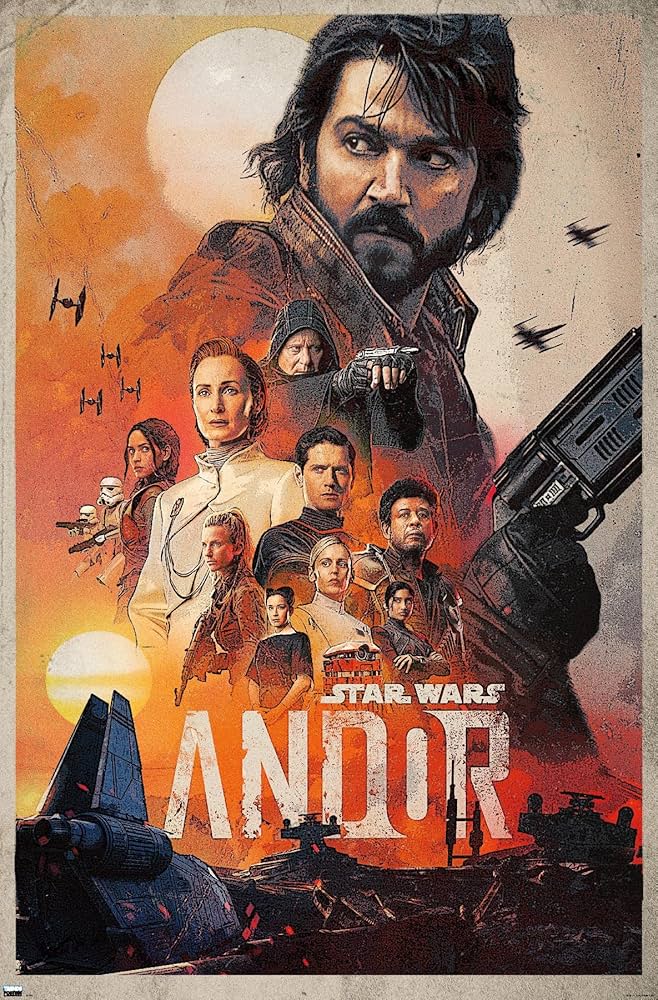
BobW • Apr 26, 2025 at 4:01 pm
Sorry but I feel your 6/10 rating is to low and that perhaps misguided by your fan boy status of the entire series and not for Shadows as a singular game.
I too have played, not all but many AC games. AC Shadows is by far the best IMO.
I judge the game for, The game Shadows not its predecessors . Like reading a series of books by the same author each book written stands on its own merit. Not if it stands better then previously authored books.
IMO November 2025 it will be apparent that Shadows will be GOTY judged by Itself.